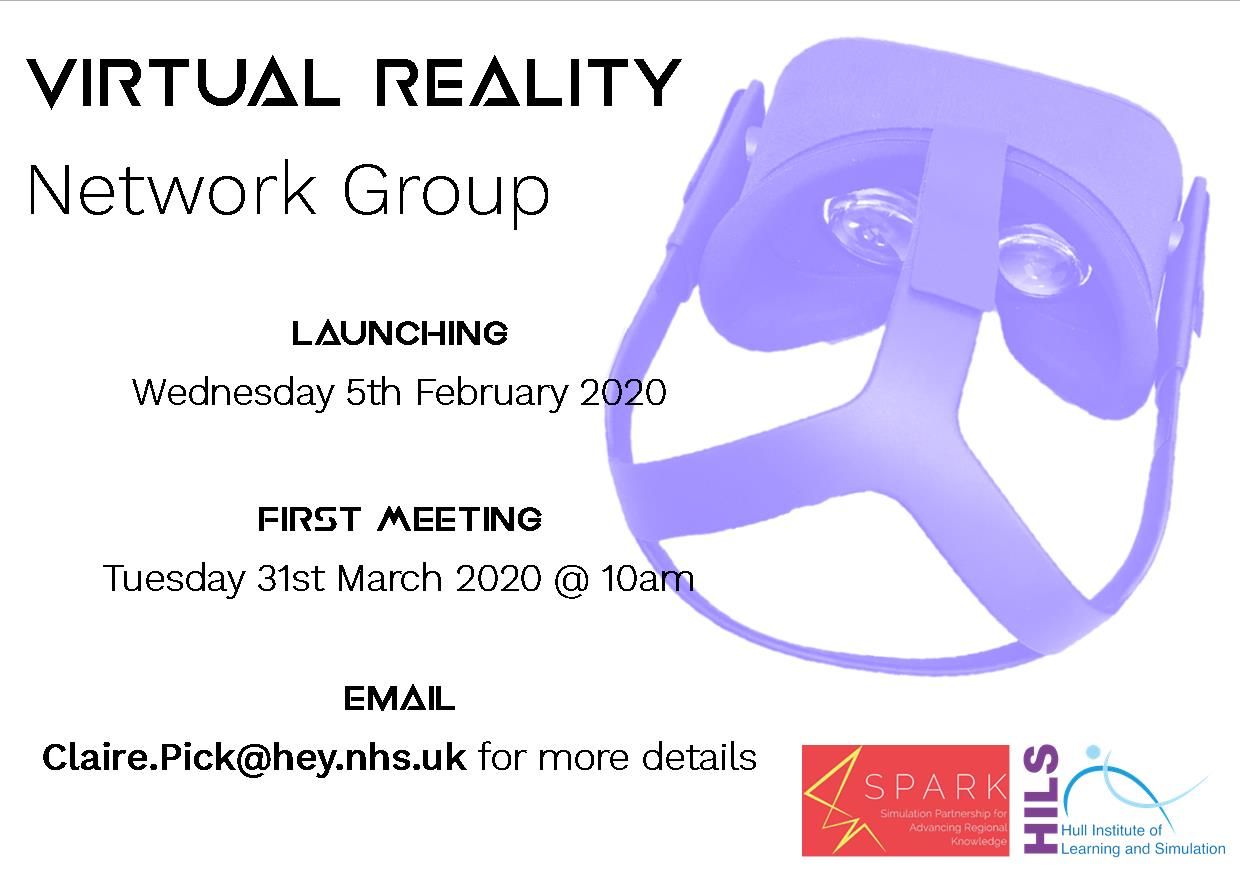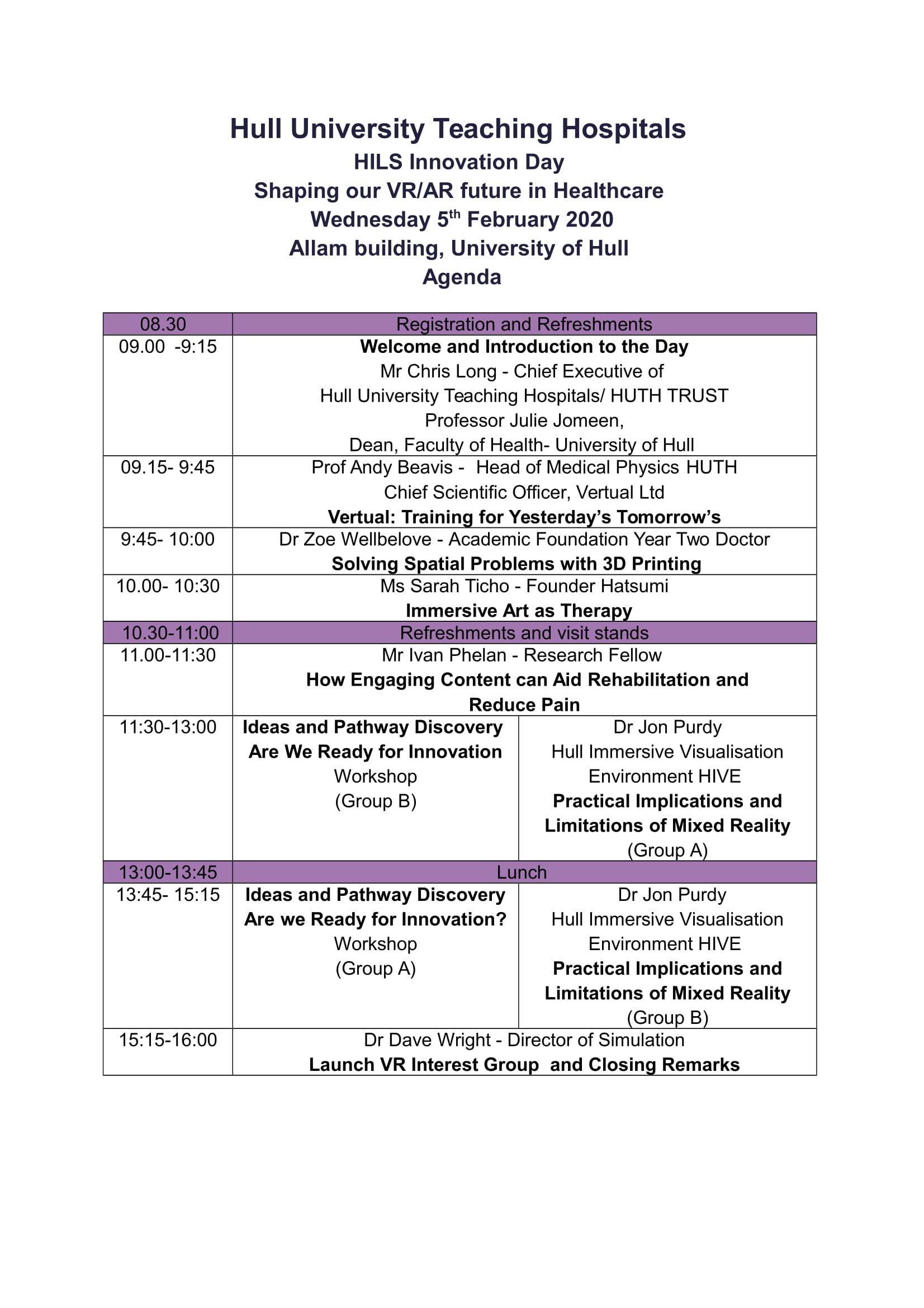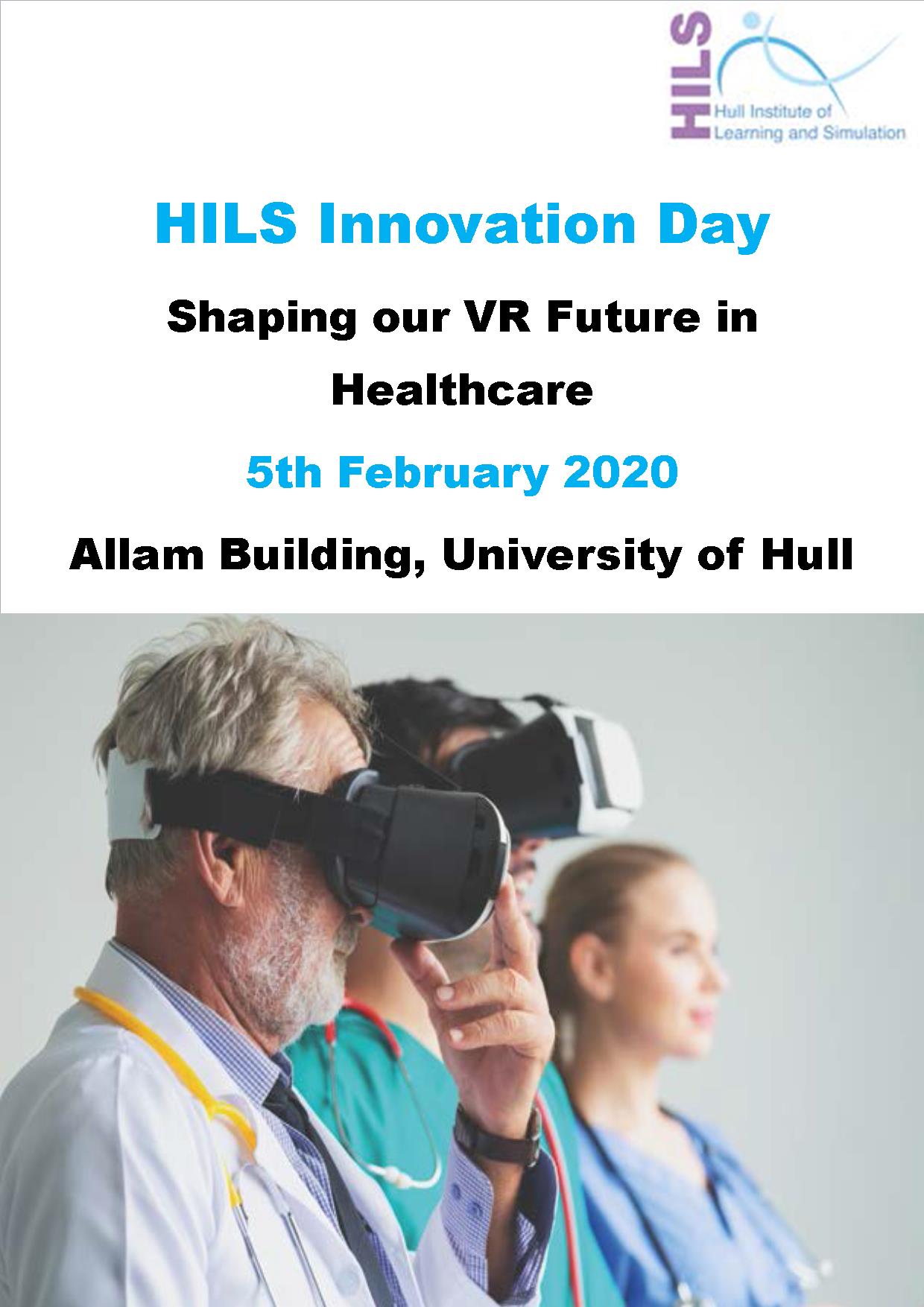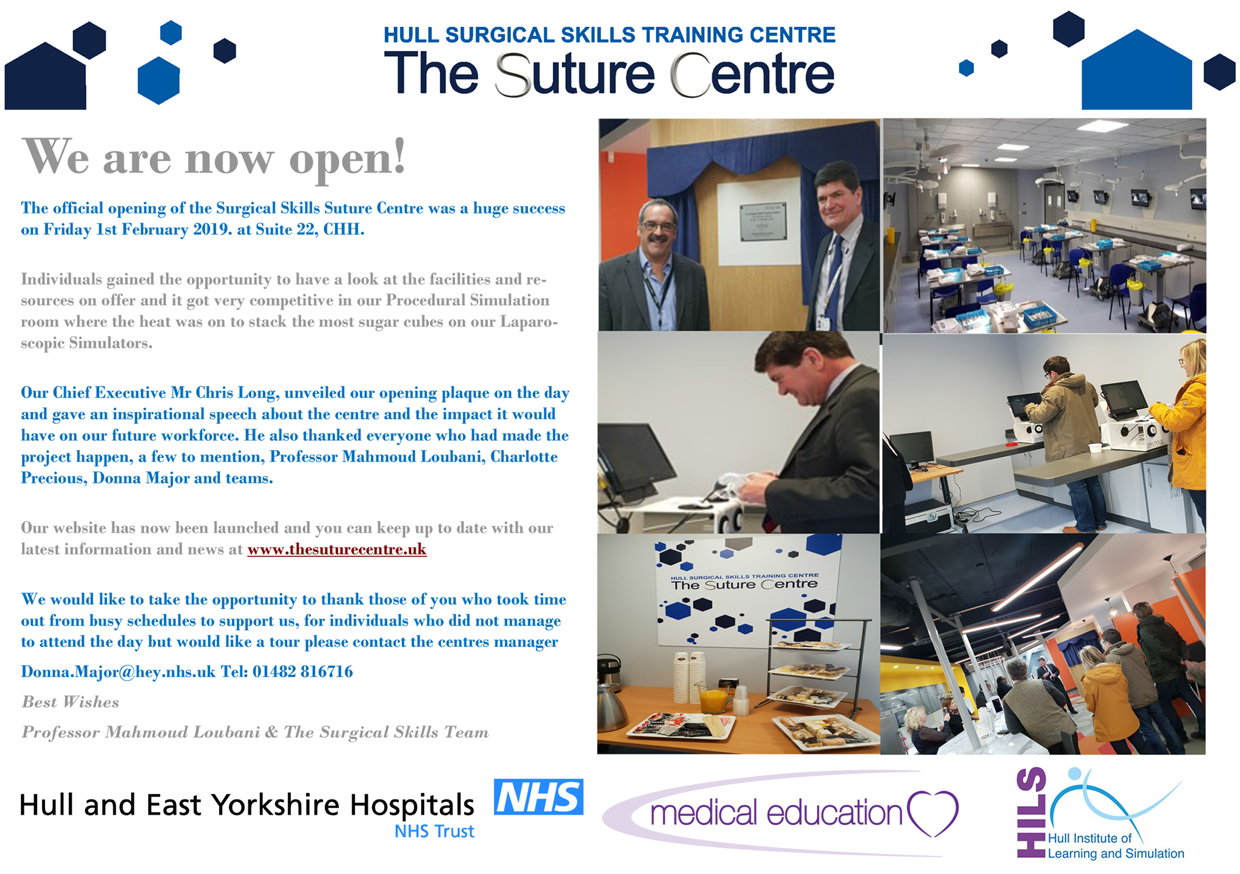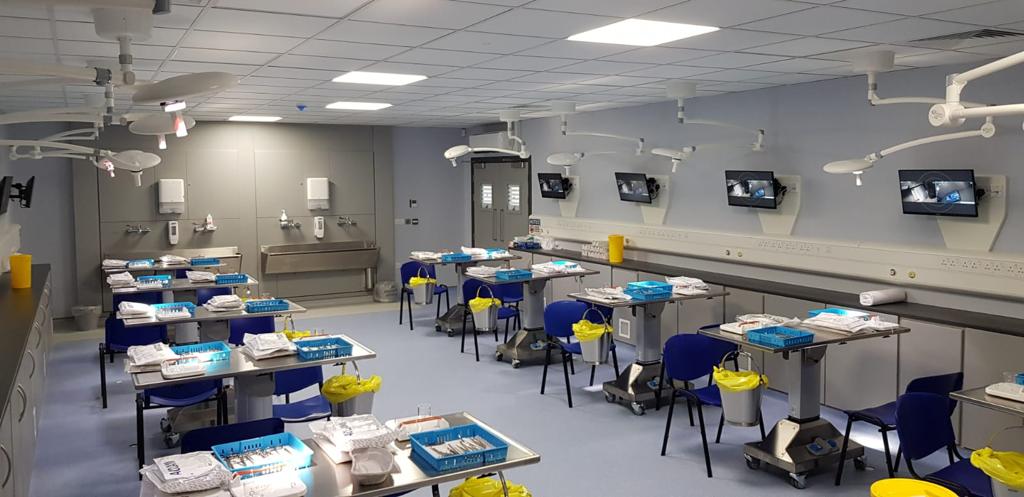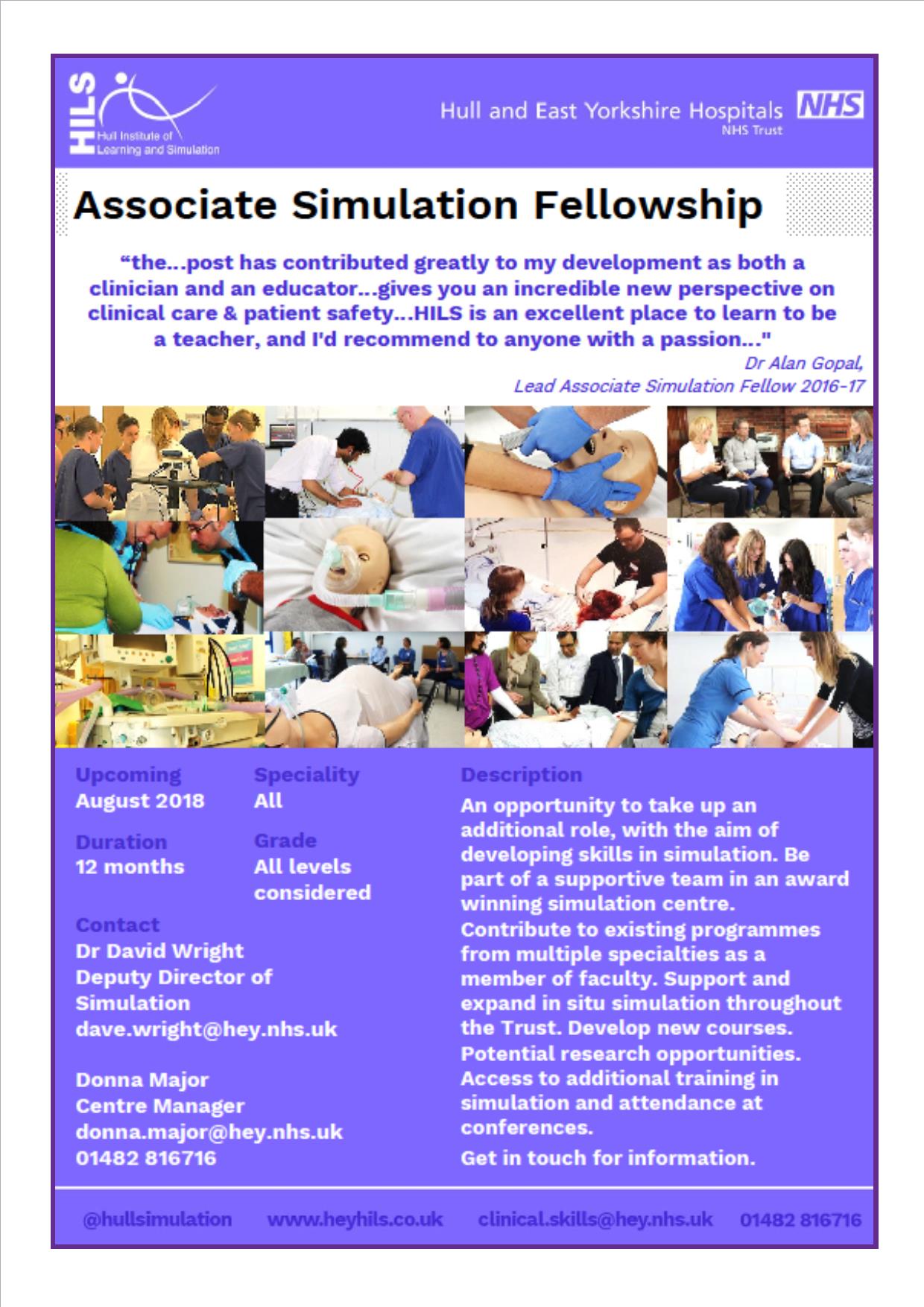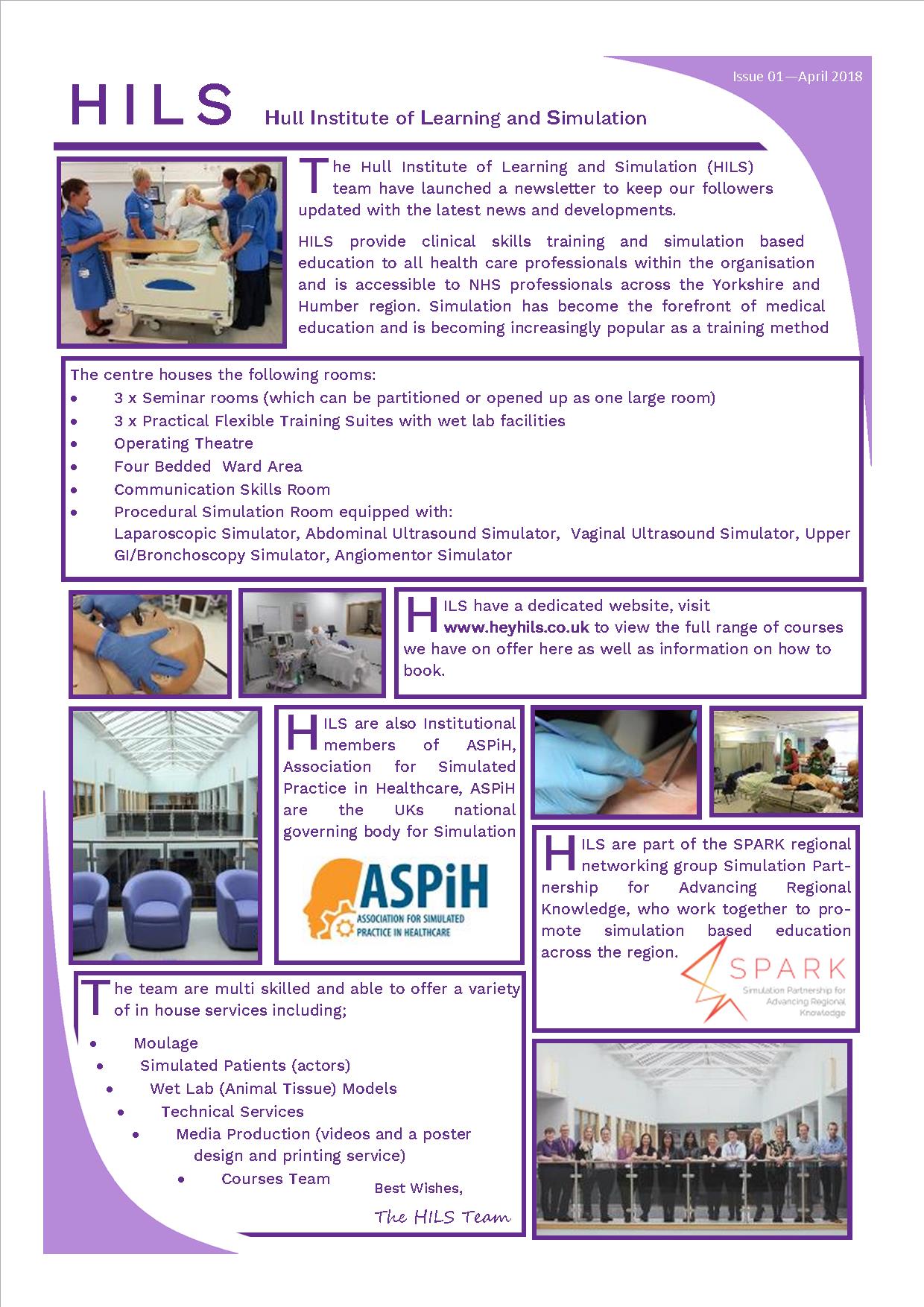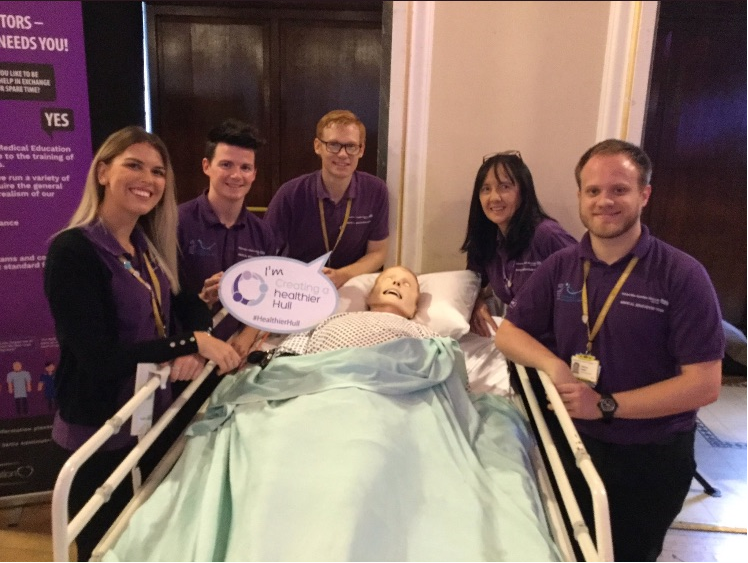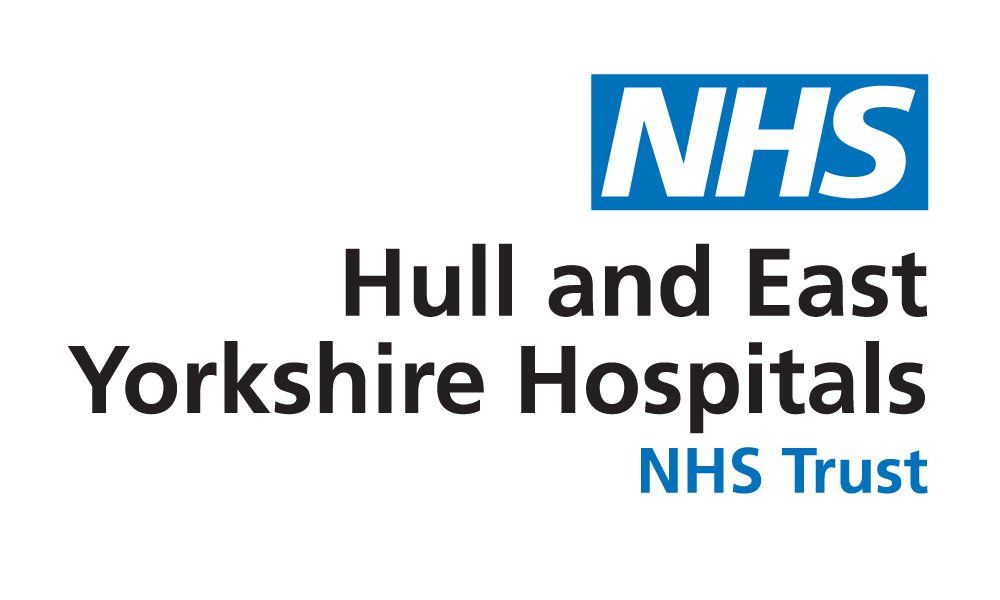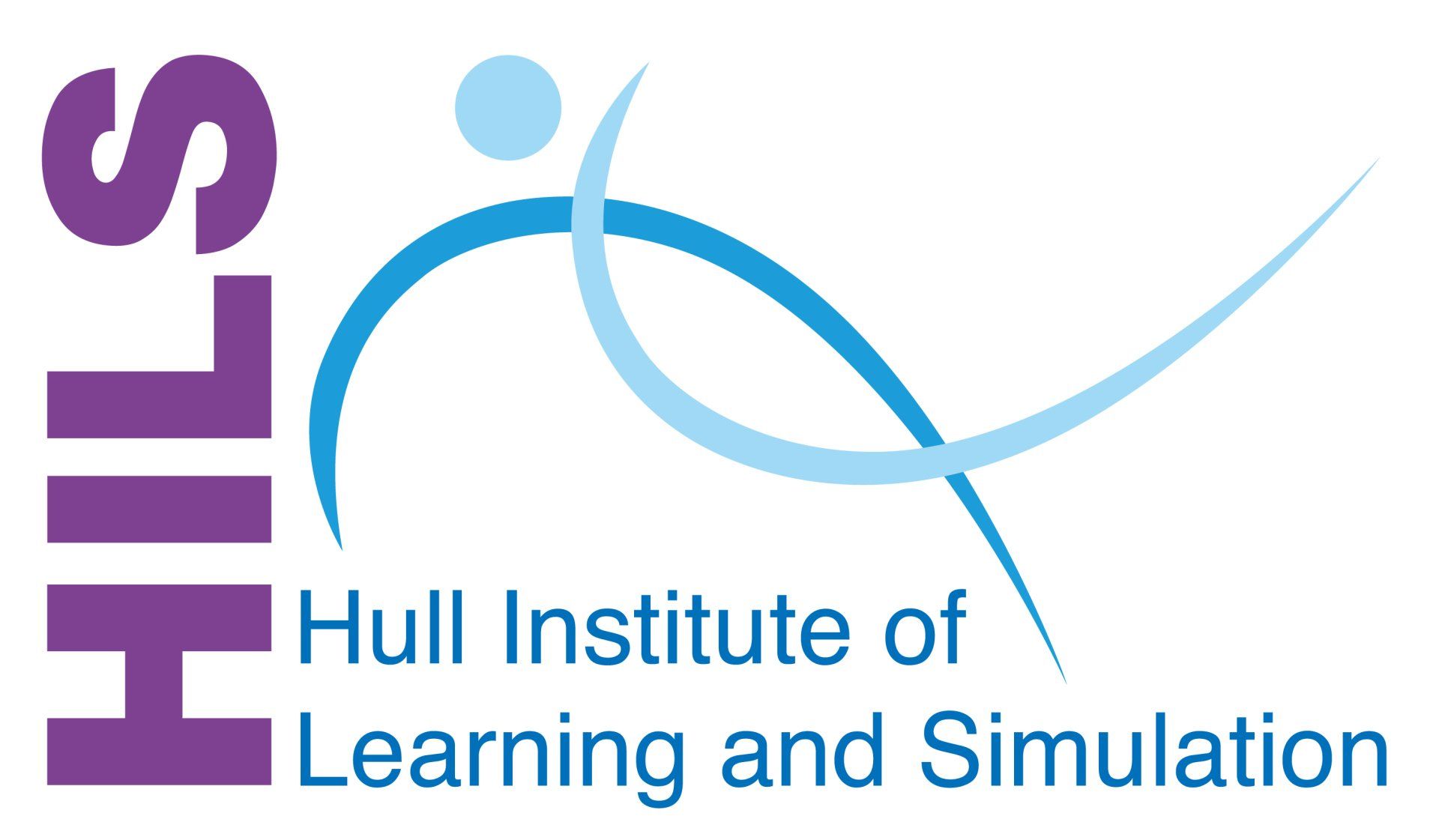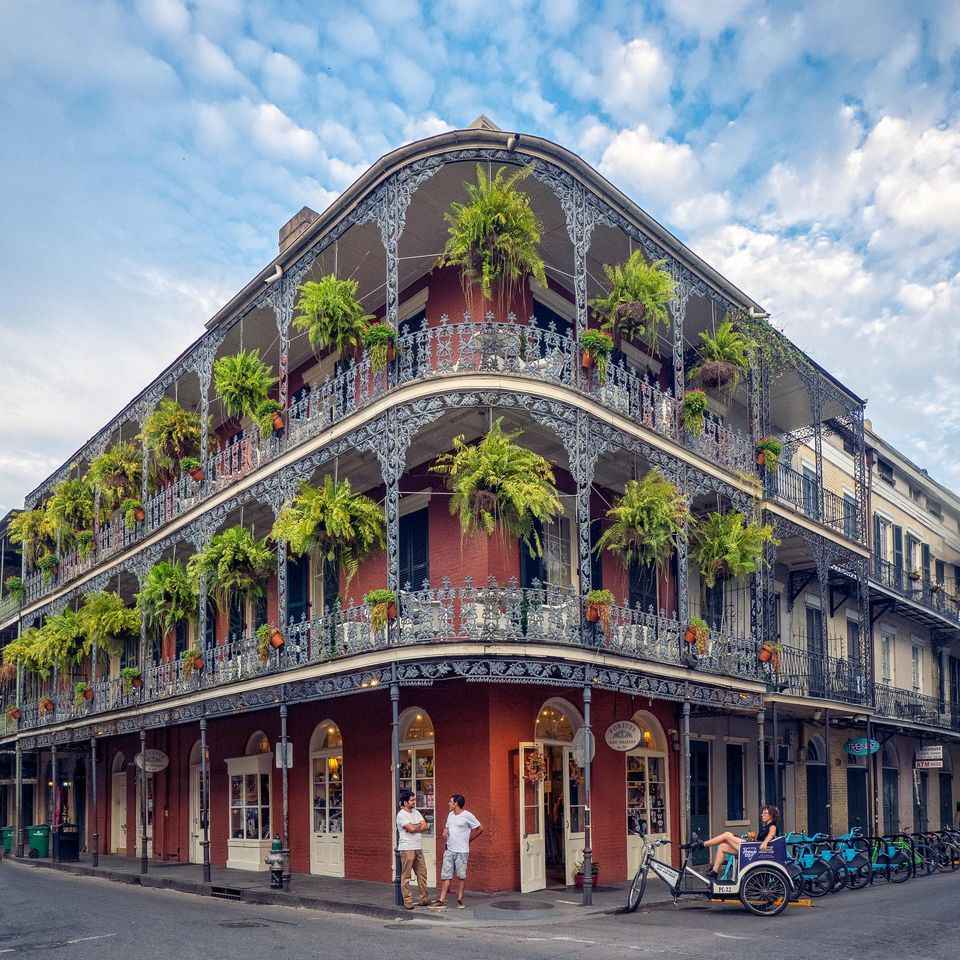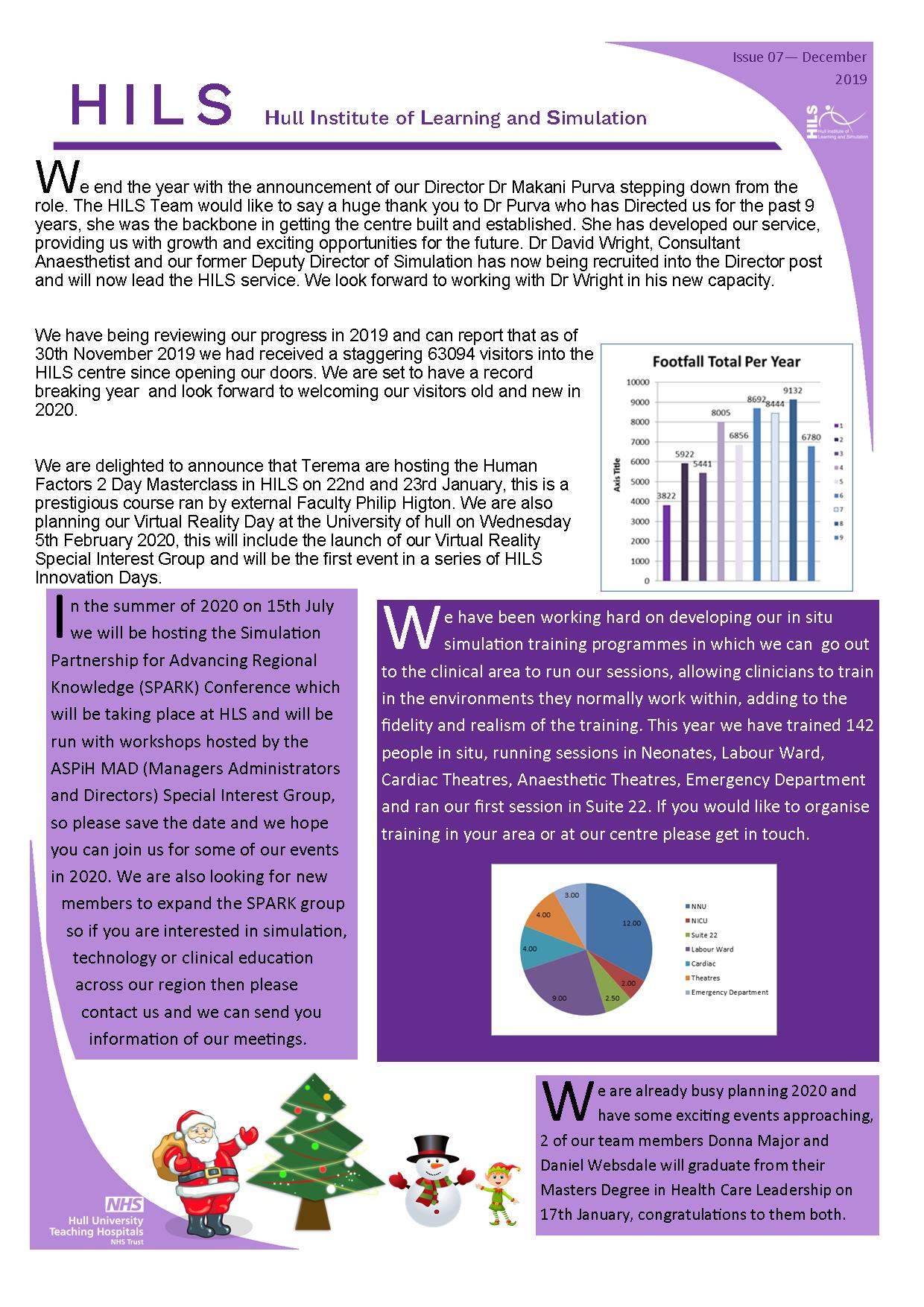IMSH 2015 - Down in New Orleans
This year, four of us from the Hull Institute of Learning and Simulation (HILS) went to the world’s largest international simulation conference; the International Meeting of Simulation in Healthcare (IMSH) which was hosted in New Orleans.
I had been to Canada once on my medical elective, 10 years ago but never to the United States. Of course it is easy to form an opinion on what it will be like in America given the amount of news and cultural output which reaches our shores, and what I knew about New Orleans came largely from the coverage of Hurricane Katrina in 2005 and its reputation for the annual Mardi Gras carnival, jazz music and Creole food.
After a long journey, arriving late at night, first impressions the city were of a friendly people, lively nightlife but a fairly poor area. I had one day prior to the conference starting to explore the city so I booked onto one of the local cycling tours, taking advantage of the very flat geography and a knowledgeable guide who presented the history of the city, took us to see some sights off the usual tourist trail and discussed the impact and rebuilding in the 10 years since the devastation. On the way, we passed bands set up in the street busking and playing jazz music, street artists and decorations being set up in preparation for the carnival season. In the evenings, we also had the opportunity to sample some of the renowned local cuisine.
The conference proper started on Sunday afternoon with an opening plenary session on the history of simulation. This year’s theme was a celebration of simulation, given that this is the 15th time it has run. The conference venue itself was the vast Ernst N Morial convention centre, stretching over a mile along the banks of the Mississippi River. Whilst IMSH only occupied a small part of the centre, it was nonetheless a huge undertaking with tens of sessions running concurrently. Logistics were handled very well, with plenty of staff on hand, clear signage and a live interactive app to guide attendees and help plan an agenda. All aspects of simulation were covered within the conference, including physical and virtual reality simulations, developing technology and a heavy focus on interprofessional education.
Attending the sessions, several things stood out as examples of how heavily simulation is embedded into healthcare professional learning in North America. Interprofessional education and in particular nursing simulation was very heavily represented in comparison to UK and European events. It was also an opportunity to learn about how simulation is embedded within a largely private health system, lacking the centralised structure which exists in the NHS. Perhaps surprisingly, private health enterprises appear to have embraced simulation wholeheartedly with a recognition of the benefits of having well-trained, motivated and up-to-date staff both in terms of patient outcomes and also overall cost savings to system.
Many of the world leaders in simulation research were in attendance at the conference, and were extremely approachable and willing to discuss both their and our work, give advice and propose solutions to challenges. A particular highlight for me was a session on implementing mastery learning for technical skills training and this is something which I plan to implement back here in practice, now armed with the evidence for its use. Sessions on presenting research data for publication and implementing change and overcoming challenges were also very useful and despite the size of the conference, the majority of the smaller workshop sessions felt intimate and an unthreatening environment in which to engage in discussion.
One session on emergency preparedness for the Ebola outbreak was hugely impressive in demonstrating how responsive simulation has the potential to be; with very limited resources and only 24 hours to respond, one New York hospital authority was able to produce a comprehensive programme for staff when they became aware that they were due to receive an infected patient in their facility.
Away from the scheduled sessions, the exhibition of products demonstrated primarily that there is a great deal of innovation occurring in simulator design and equipment to enhance learning although much of the same equipment has been exhibited in the UK and European conferences which I have attended. The poster exhibitions were another highlight of the conference however, demonstrating the breadth of work which is going on around the world in simulation and giving the opportunity to engage those doing it directly in conversation regarding their work and exchanging ideas.
In addition to the learning, we were privileged to be able to share some of the innovative work which we are doing locally through a workshop presentation and several poster presentations. This does highlight that we are among the world leaders when it comes to simulation research in some areas and we were delighted to disseminate our expertise, engage in discussion and potentially form new collaborations.
In summary, attending the world’s largest simulation conference has been a hugely positive experience. We have certainly learnt a lot and will now be at work implementing the best of the ideas into our practice; both in the research that we do and in the delivery of simulation to our learners. It is gratifying to be able to present our efforts on an international scale and highlight the expertise we have developed at HILS.
